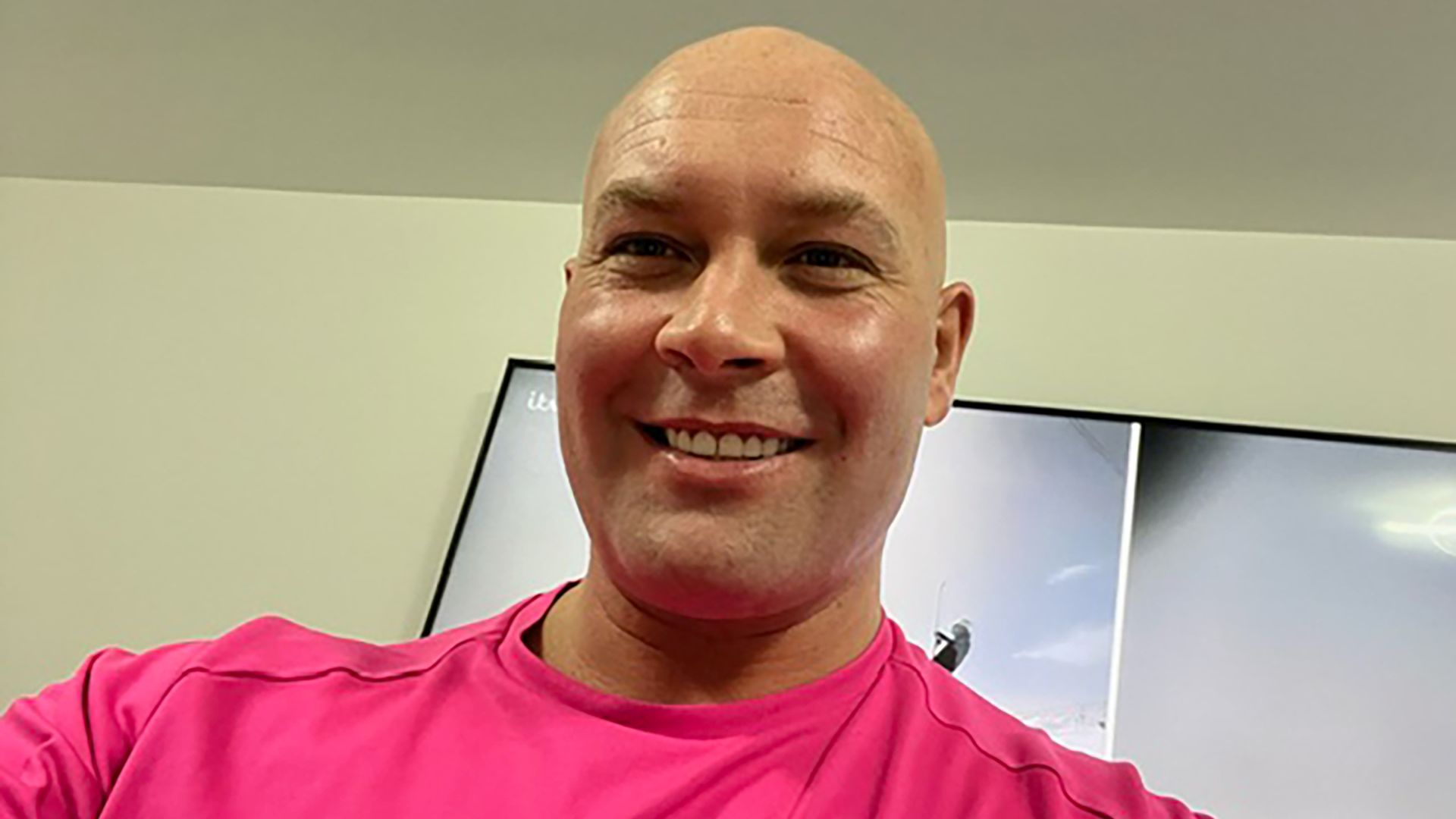
The BDN Opinion section operates independently and does not set news policies or contribute to reporting or editing articles elsewhere in the newspaper or on bangordailynews.com
Shannon George of Bar Harbor has been a certified medical assistant since 2006.
I believe U.S. Rep. Jared Golden works tirelessly to protect Mainers’ access to health care, especially for the nearly 550,000 Mainers living in rural areas. Maine is the most rural state with one of the oldest populations in the nation, so we face unique challenges in accessing quality healthcare. Fortunately, Golden has stepped up to protect them.
Golden helped secure more than $500,000 in federal funds for Fish River Rural Health, Penobscot Community Health Center and Millinocket Regional Hospital to bolster affordable health care for rural Mainers. He’s worked with rural health care leaders to address fundamental challenges to delivering care. Golden also introduced legislation during the COVID-19 pandemic to provide small, rural hospitals with desperately needed funds to serve their communities.
Most importantly, he introduced crucial legislation to protect all patients’ access to their health information, which older, rural Mainers rely on the most. That legislation, called the Patients’ Right to Know Their Medication Act (H.R. 1173), is currently awaiting consideration in the U.S. House Subcommittee on Energy and Commerce. The bill would ensure that all Americans receive clear, printed patient medication information with every prescription. This refers to the information that comes with prescriptions at the pharmacy, which provides patients with instructions on how to take their medication and the potential side effects to look out for. It sounds like a simple bill, but it’s crucial, especially considering new threats to eliminate printed medication information.
The U.S. Food and Drug Administration proposed a rule to standardize medication information in the U.S., as there currently exists no standard for the information dispensed to patients. It’s often incomplete, hard to read or not provided. However, while attempting to improve medication information, the FDA’s proposed rule has significant pitfalls that could endanger, rather than protect, patient safety. The FDA’s proposed rule would undermine this lifesaving information by requiring pharmacies, not drug manufacturers, to provide the printed information only if the patient requests it. The rule would hurt struggling pharmacies’ bottom line and threaten patient safety by opening the door for QR codes to replace printed patient medication information.
By forcing pharmacies, not drug manufacturers, to be responsible for printing patient medication information if a patient knows that it’s an option to request, the FDA rule would place an enormous burden on small community pharmacies that are already struggling to survive. Pharmacies would incur $1.6 billion in additional annual costs and increase pharmacist workloads by 71 million hours every year. That’s a huge problem for Maine’s pharmacies, especially the community pharmacies serving rural communities. A 10th of Maine’s pharmacies have closed over the past decade, a problem that could only worsen if the FDA enacts its proposed rule on patient medication information. Rural patients need pharmacies to stay open.
As large swaths of Maine still lack broadband access, the rule could leave people in rural communities without access to the information they need to stay healthy. Not only would Mainers without reliable broadband be cut off from medication information, but older Mainers without strong technology skills could also find it much more difficult to access online patient medication information. The FDA did not consider how their rule could jeopardize rural Mainers’ health, but fortunately, our congressman did.
I believe Golden understands why medication information is crucial for rural Mainers. With all of the challenges rural communities already face in accessing health care, the last thing they need is to be cut off from their medication information, which would have serious consequences. Without printed medication information, they are more likely to fall victim to medication nonadherence, which ends the lives of more than 125,000 people annually.
Golden introduced the Patients’ Right to Know Their Medication Act to protect rural Mainers’ health. It’s a basic, easily achievable goal to provide clear, printed information along with every prescription at the pharmacy. Let’s hope that Golden can continue his good work by working with his colleagues to advance this bill. If this bill becomes law, Mainers can rest assured that they will have the information they need to stay healthy.










